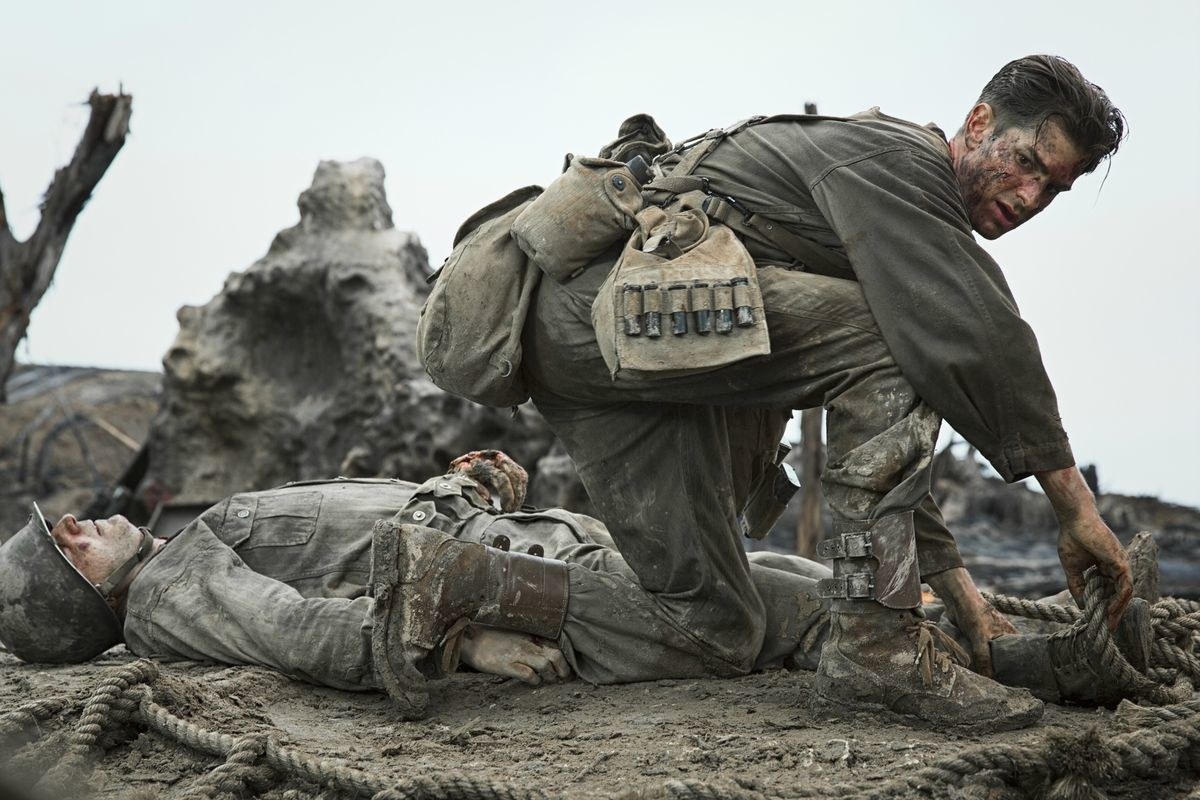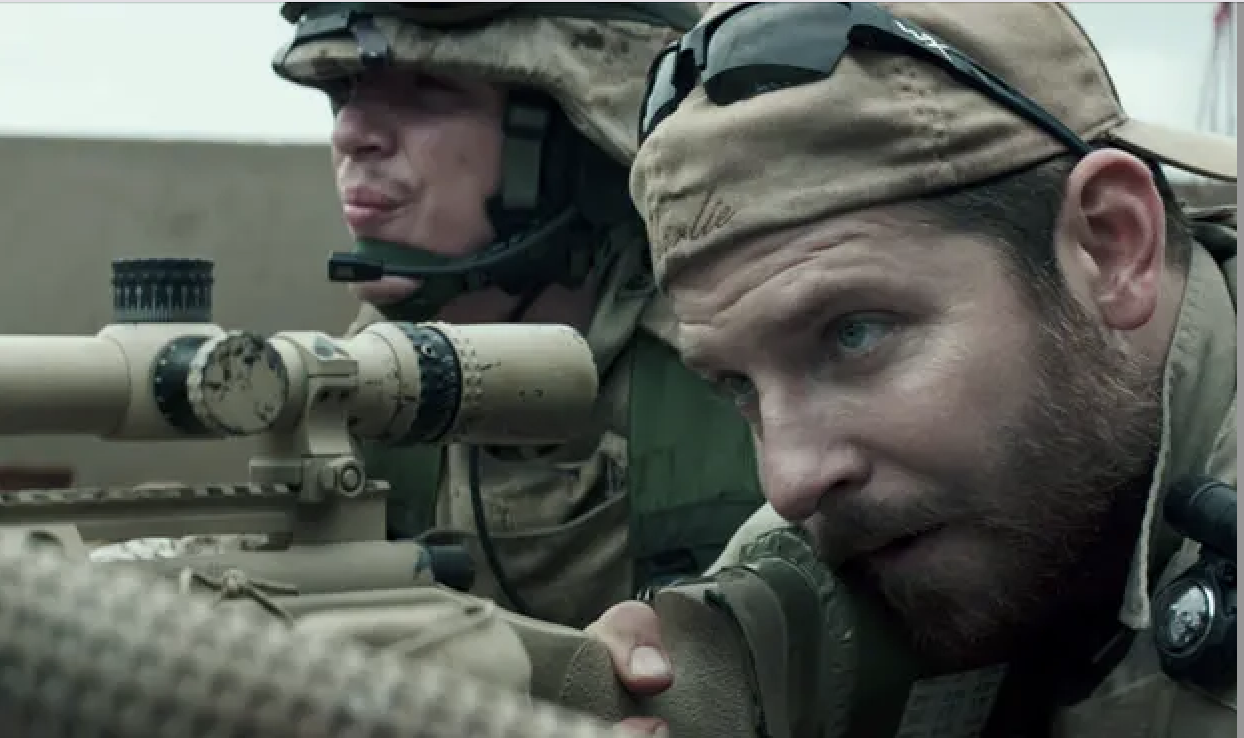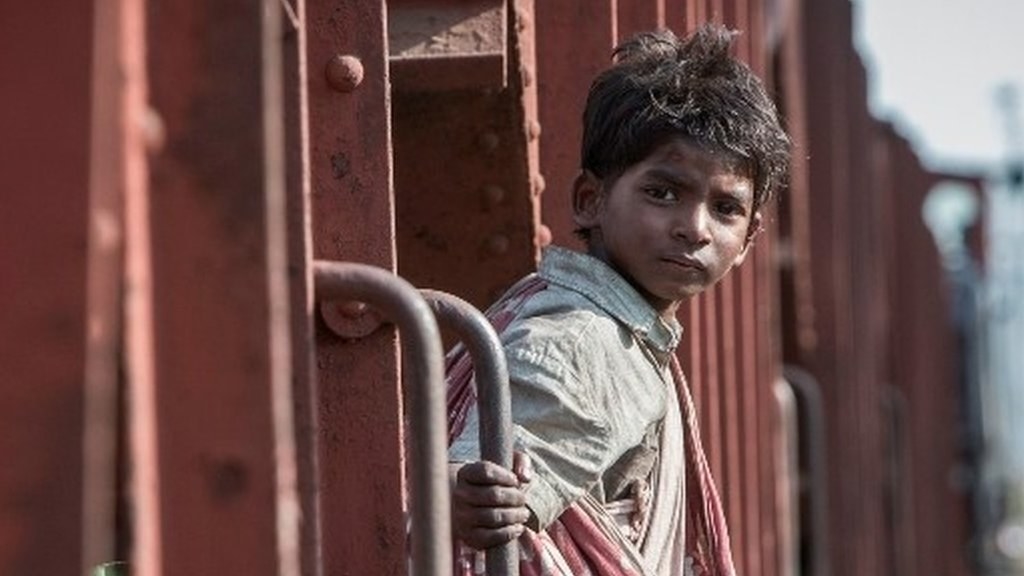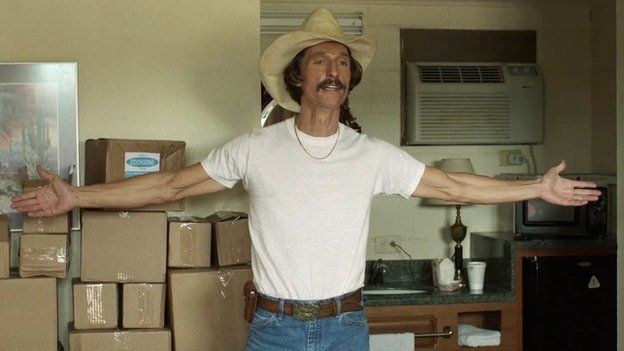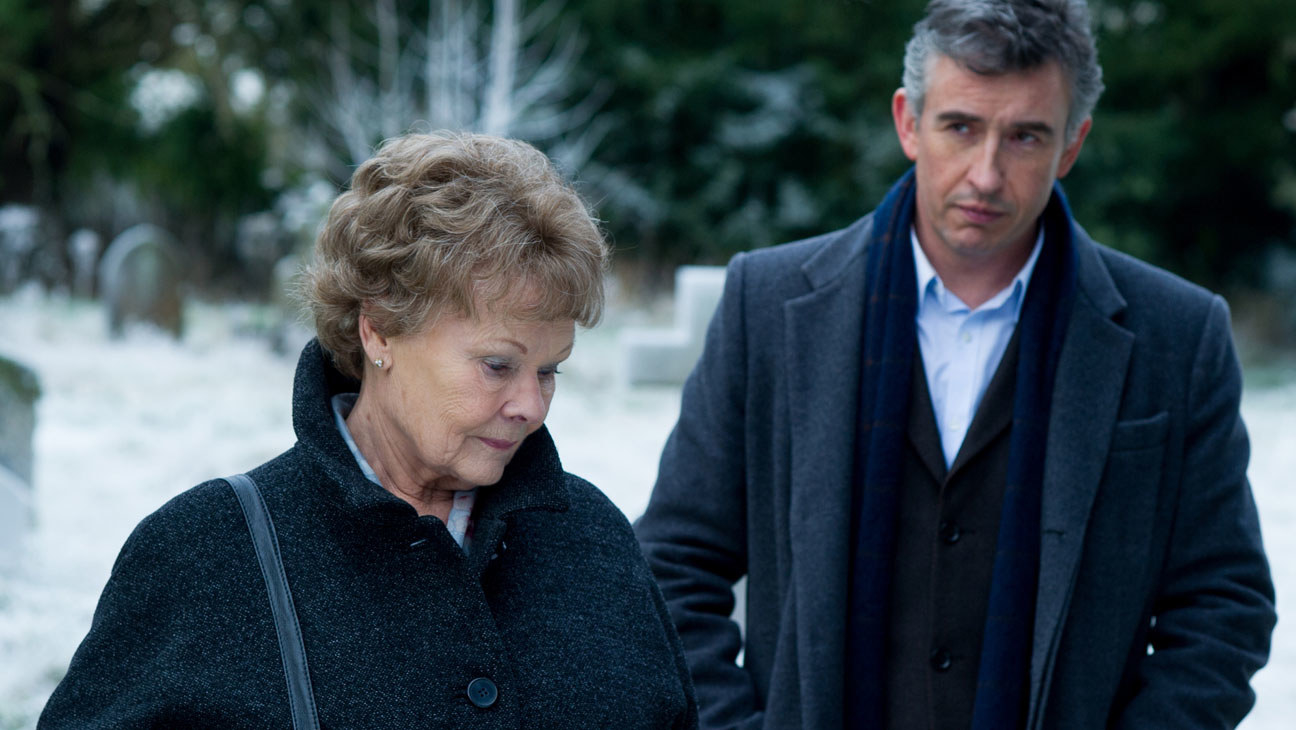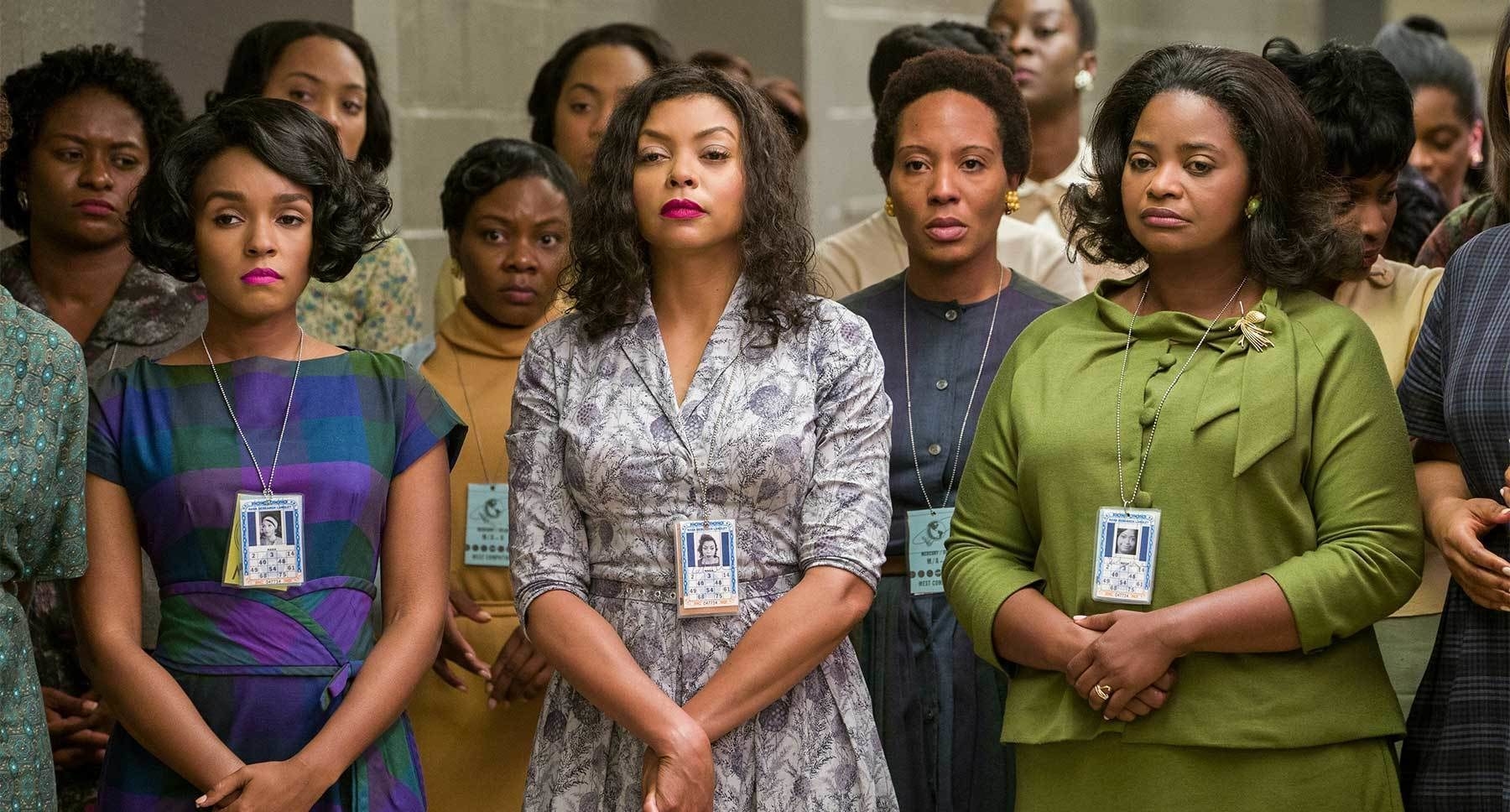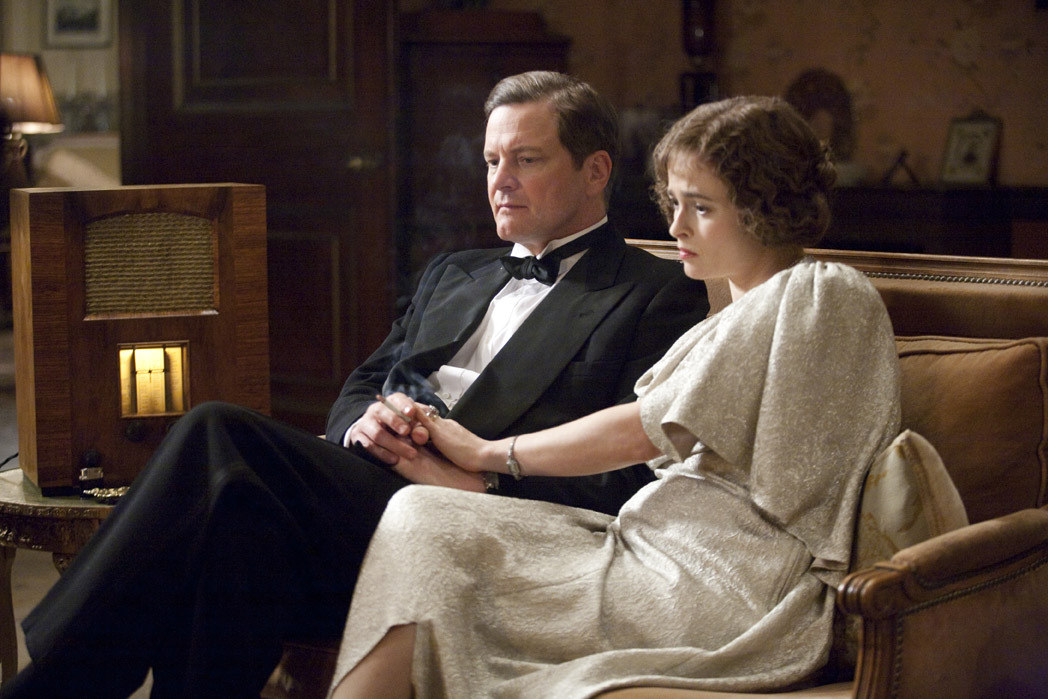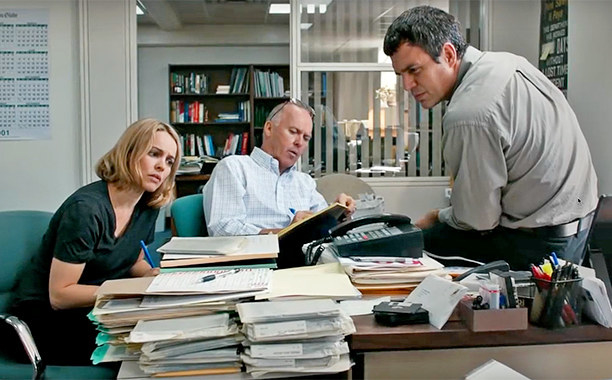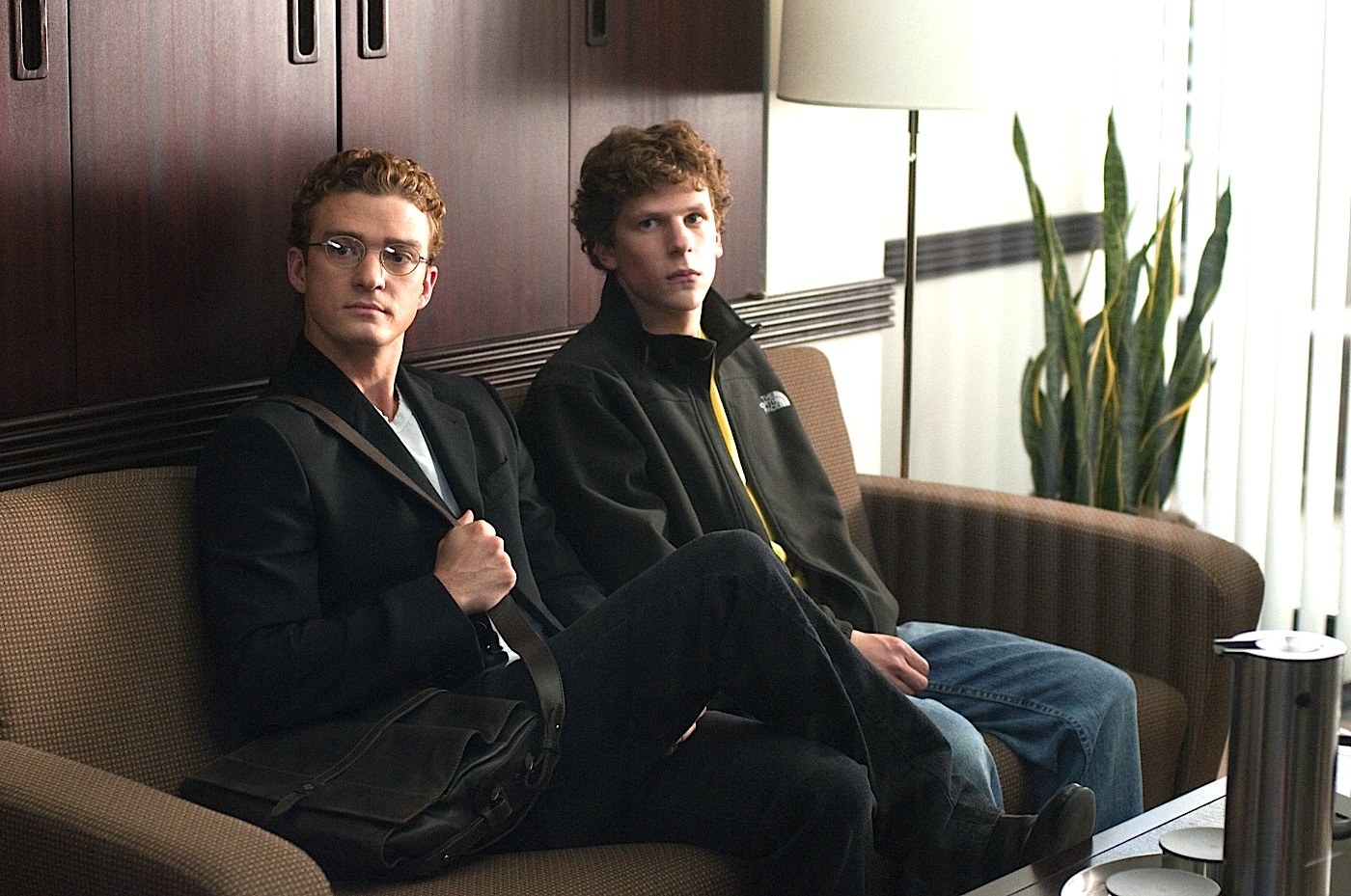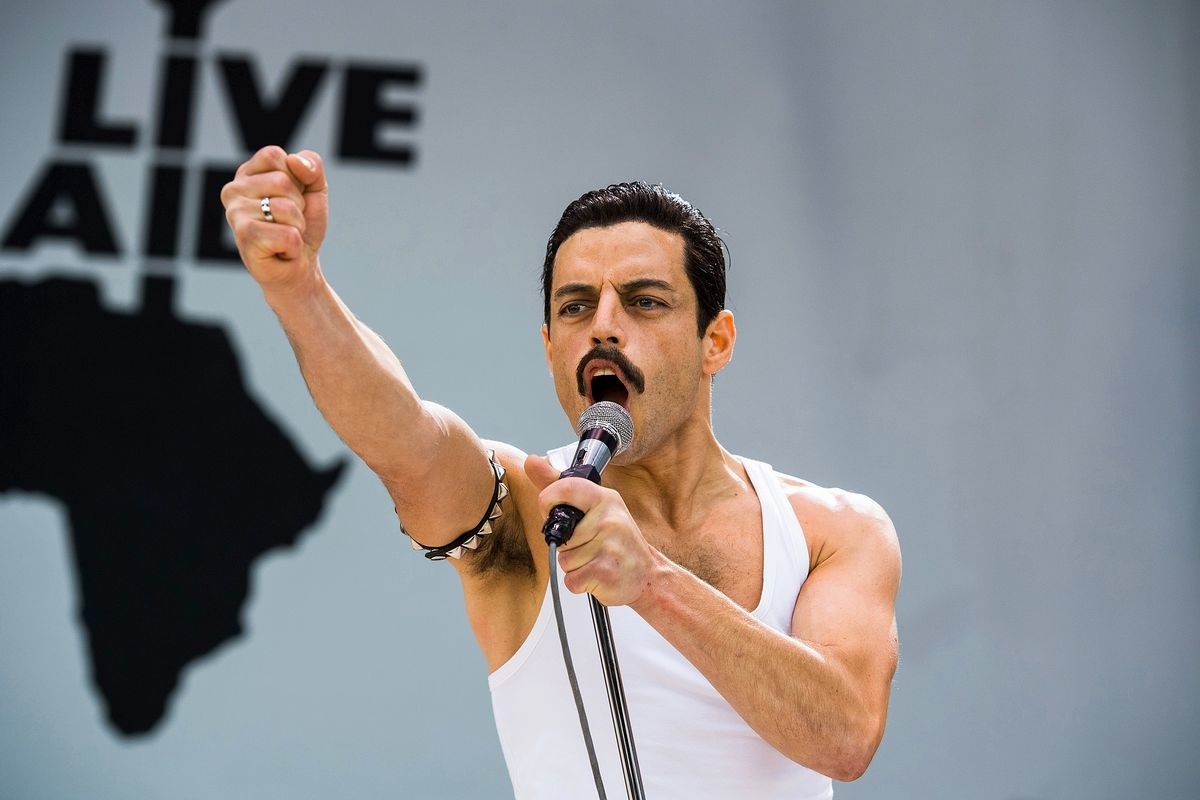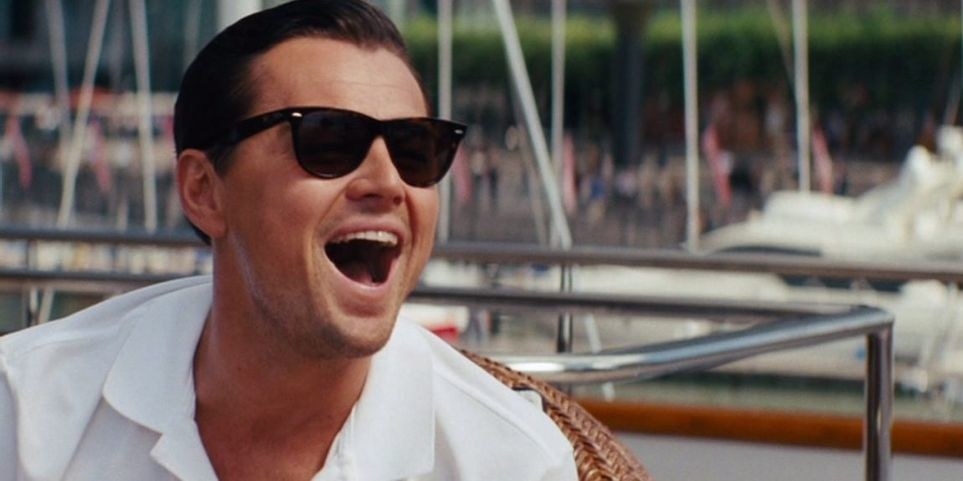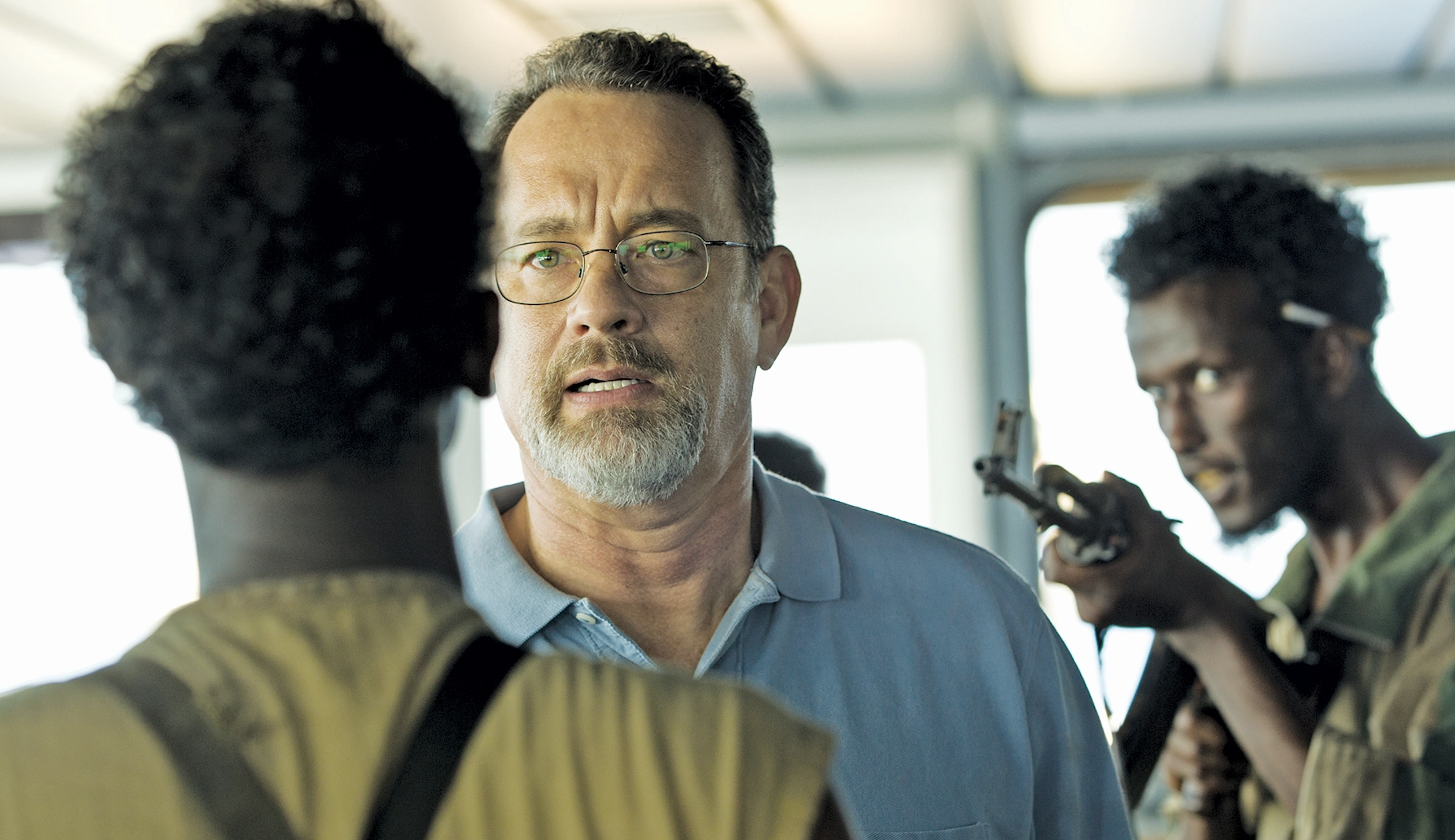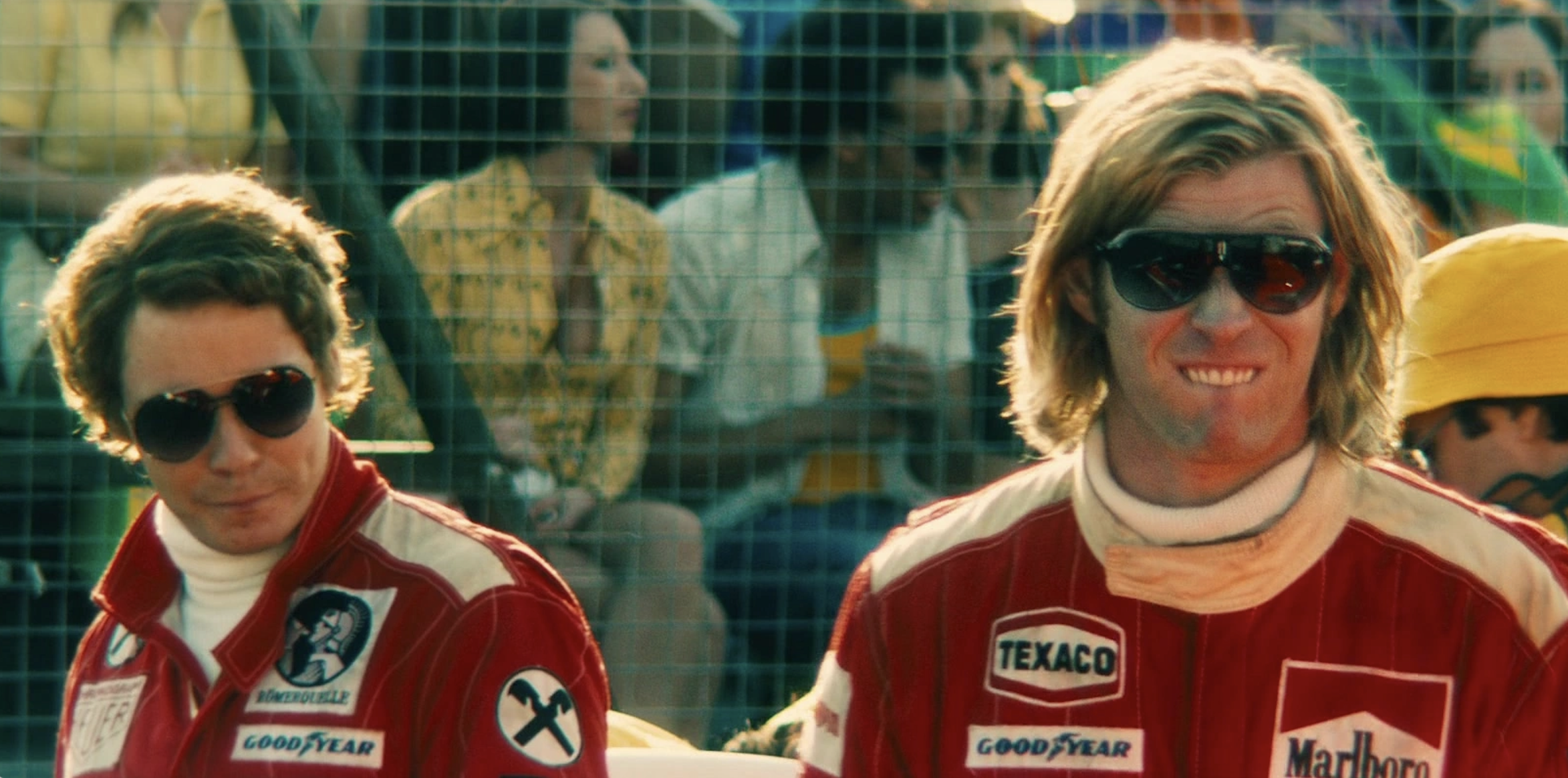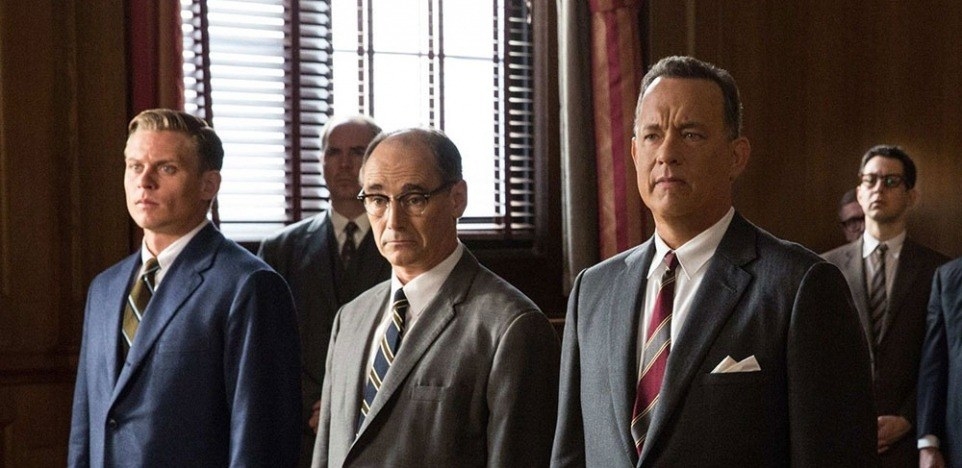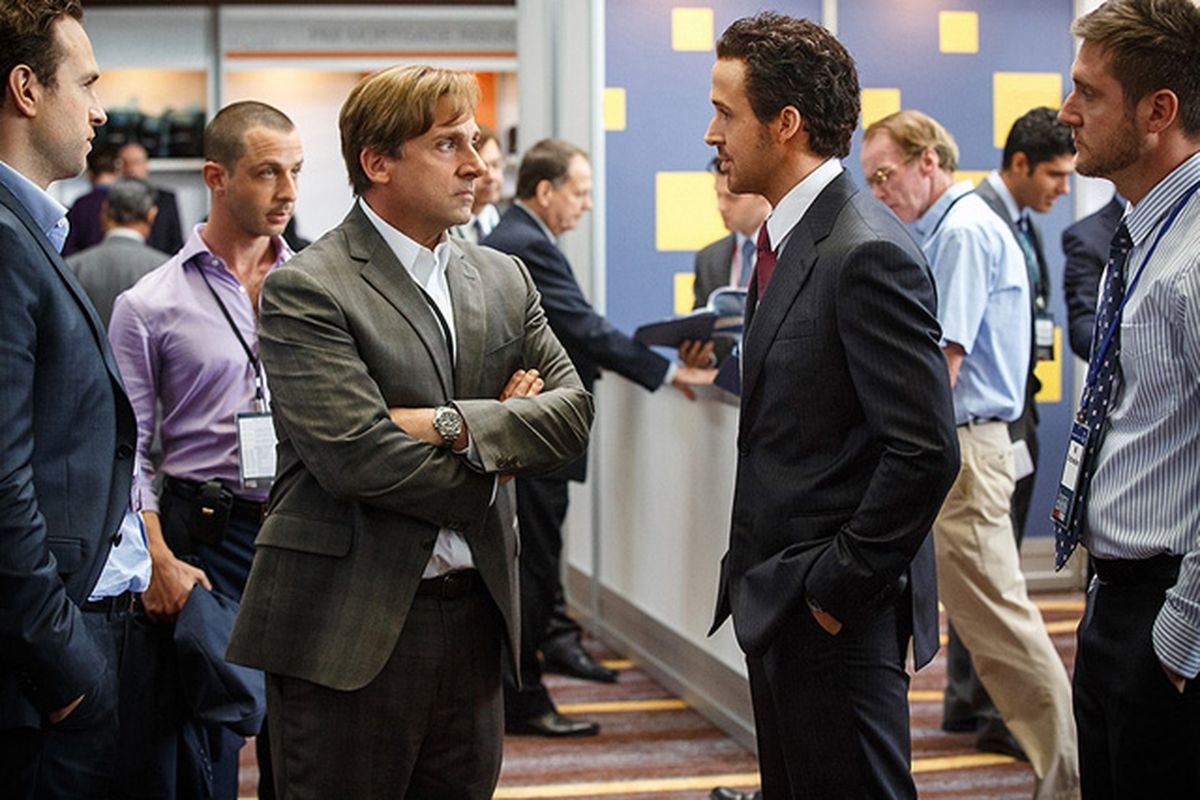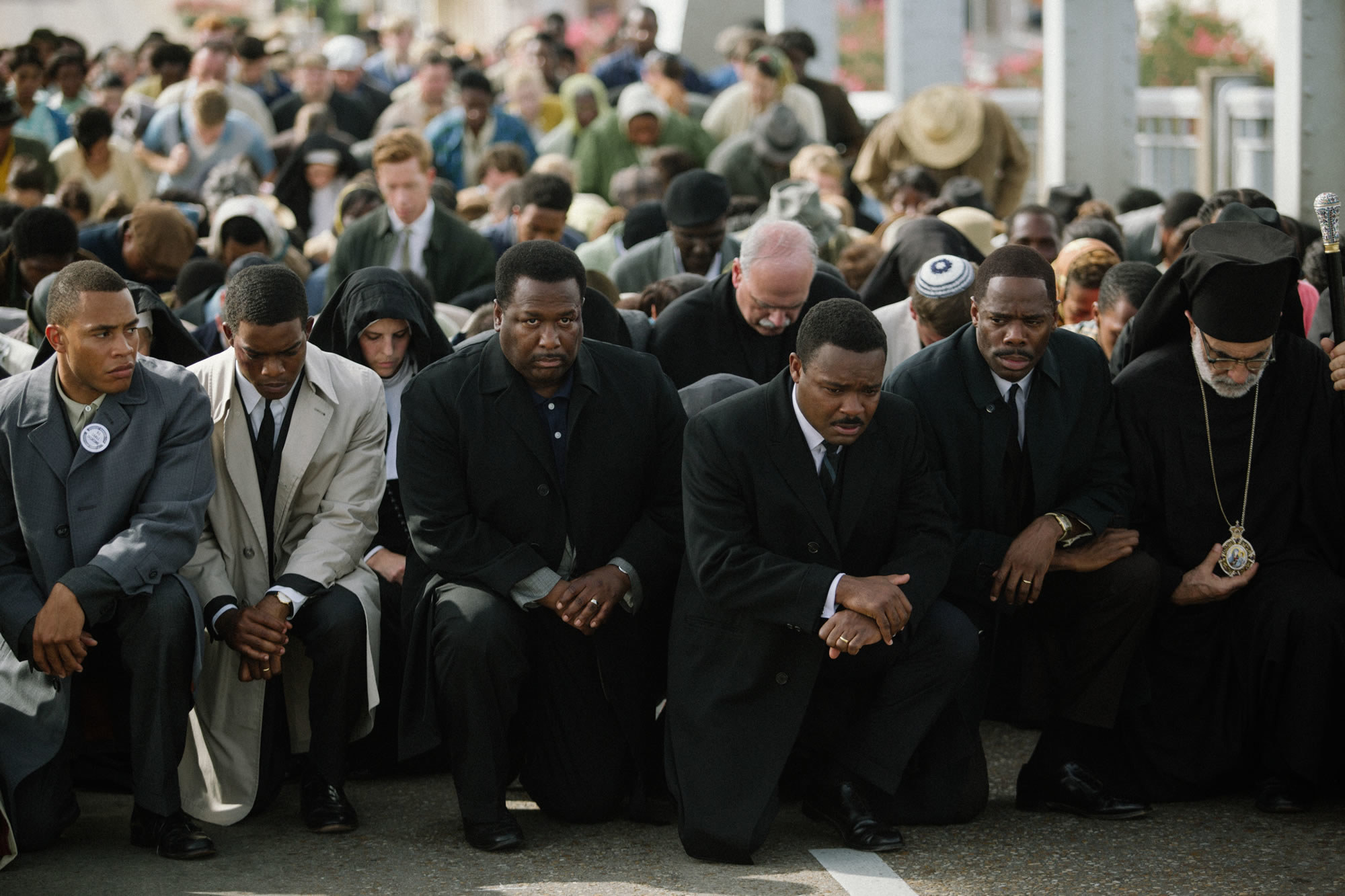Got right: Alan Turing was indeed a cryptographer at Bletchley Park during the war. He also built the Turing Machine and kickstarted the age of computer science. He was arrested for homosexuality after the war (not getting a posthumous royal pardon until 2013). Dramatised: TBF, making an incredibly mathematical and technical story interesting and engaging to a wide audience while being completely accurate was near impossible. Thus, much of the narrative was made up, including the placing of a spy in Bletchley – in fact, they didn’t know there was a spy there until 1951. Got right: A lot of what happens in the movie’s depiction of the war actually happened – there was just a lot of truncating of the timeline and conflating of battles. Dramatised: Much of what we see before the war is either manufactured or warped for narrative purposes, as is the case with the reasons for Doss’s pacifism. Got right: Many of the events in the movie did actually happen, the thing that was largely exaggerated was Kyle’s involvement in them. The famous scene, used in the trailer, did happen – when Kyle must decide whether to shoot a child to save a convoy – but there was no child IRL, it was a woman. Dramatised: Firstly, the movie was adapted from Kyle’s memoir, parts of which have been disputed anyway. They also pretty much created his sniper nemesis Mustafa and their battle to the death. The film also very much portrayed the US soldiers as righteous – with Kyle being shown as the victim of the war, despite himself saying that his main regret was not killing more “bad guys” and saving more marines. Got right: Saroo’s incredible story is told pretty much as it happened. From the way he got lost, getting on the train, his time in Kolkata (then Calcutta), to getting adopted in Australia and his eventual journey back. Dramatised: The whole love interest side-narrative seems to have been invented for dramatic purposes. Also, much of the events in Kolkata, and his five-year search were naturally concentrated for movie purposes – so scene-for-scene the movies is less accurate. Got right: Much of the script was written from Ron’s own personal diaries, so what happens to him, his contraction of the virus and the setting up of a buyer’s club, is as Ron himself described it. Dramatised: The idea that he was a rampant homophobe was apparently untrue. A close friend of the real Ron Woodroof actually claimed that he didn’t recognise this depiction of Ron, saying that, as far as he knew, Ron had relationships with gay men, and was certainly comfortable around them. It also appears that Leto’s Rayon character was invented for the movie. Got right: Pretty much all of what happened to Philomena, including the experience with the laundry, and the traumatic events that happened to Philomena when she was young. Dramatised: For dramatic purposes, Sixmith’s centrality in the main plot was overexaggerated, there were also liberties taken with what Philomena did and didn’t know about her lost son. They also may have over-villainised Sister Hildegarde, seemingly making her represent all of the Catholic church’s actions. Got right: The main narrative of Hidden Figures stayed true to the real events that occurred during the space race, and the three main leads Taraji P. Henson, Octavia Spencer, and Janelle Monáe all studied the women they were portraying. Dramatised: The closeness of Katherine G. Johnson, Dorothy Vaughan, and Mary Jackson was somewhat inflated, and, as to be expected, there were far more people involved in these events, and the timeline was somewhat muddled. Overall though, a very accurate film! Got right: Most of this film is an accurate depiction of Bertie’s journey and his and Lionel’s friendship. From George’s impatience with his son’s stammer to Bertie’s reluctance to be king, many of the details depicted are correct. Dramatised: Even though the movie shows him offering his support to Bertie, Churchill had no input into the speech at all, nor would Churchill have been present at the speech to congratulate him. Also, IRL Bertie happily opened up to Lionel in their first session, unlike his reserved response in the film. Got right: Naturally, with the source material being so solemn, the writers were required to stick to the facts here, and that’s what they did. Also, with the characters being journalists who needed to fact-check, the revelations and coverups that the Globe Spotlight team uncovered were all accurate. Dramatised: One dramatisation was to do with Baron’s start to his position at the globe. In the film, he was seen as an outsider, but in reality, he was liked and respected from the off. There were also made-up composite characters who represented groups of different people. One of these was Sullivan, who represented six lawyers that the Spotlight team consulted with. Another one was Conley, who represented various people involved in the Church’s cover-ups. Got right: A lot of the factual details in this movie were accurate; including the brothers seeking legal counsel, sending Zuckerberg a deposition, and even the Pheonix club initiation tests and “CEO… Bitch” business cards. Dramatised: Defenders of Zuckerberg have refuted the depiction of him as “snide and sarcastic in a cruel way” – maybe it was just a self-fulfilling prophecy…? People close to him at the time also dismiss the narrative of him chasing girls, saying that he had a girlfriend for the whole duration of the time the film covered. Got right: Pretty much everything that happened in the movie did happen in real life, just not exactly in that order… Scene-for-scene, however, the details portrayed in the movie are largely accurate to real life. Dramatised: The main stumbling blocks were to do with the timeline, and the omission of various events that were crucial in the band’s history – I guess that’s to be expected when cramming all of those years into one movie. For instance, the band’s formation was oversimplified, Freddie didn’t know he was HIV-positive before Live-Aid, and John Deacon was actually the fourth bassist they tried. Got right: The film stuck closely to the source material; even bizarre details such as the swallowing of the goldfish, the quaaludes driving, the smuggling of money to Switzerland, and the yacht sinking. Porush (Jonah Hill’s character) really did marry his cousin. Margot Robbie even met with Nadine (Belfort’s ex-wife) so she could nail her thick Brooklyn accent. Dramatised: Well, we first have to be cautious with how much we believe, because it’s based very closely on the autobiography of notorious fraudster Jordan Belfort. Minor details were slightly altered, for instance, Belfort being arrested during the filming of an infomercial and the fact that he actually did more quaaludes than cocaine. Factual: What’s depicted in the movie is predominantly in line with Phillips’ personal account of what happened. Practically the whole ending occurred as it was shown, with his breakdown and eventually the navy SEAL shooting all of the pirates, and Phillips being covered in blood. Dramatised: Less was known about the pirates, so they had to use some of their imagination when characterising them. Also, the ‘relationship’ between Muse and Phillips was somewhat exaggerated. Apparently, Phillips was portrayed as more of a ’team player’ in the movie than in real life. Got right: This biopic about James Hunt and Nicki Lauda was incredibly accurate – I guess it helped to have much of it televised and reported on at the time. Even small details such as Hunt drilling holes into his visor to let the condensation out in Japan. Lauda’s recovery and the severity of his injuries were also depicted well – he did indeed watch races from his hospital bed, and the doctors put his recovery down to pure will. Dramatised: The movie focuses on the rivalry between the two drivers, but, according to Hunt’s son, they were actually far closer than the film depicted. Having grown up on the racing scene at the same time, they may have even shared a flat at one point during their F3 days. A few other moments were staged for the narrative, such as Hunt and Lauda meeting at Crystal Palace in 1970, and the whole hitch-hiking scene. Factual: The movie stuck closely to the reality of the events – all of the court decisions, the appeals, and what happens to Powers are correct. They even included the cold that Donovan had during his time in freezing Berlin, which was apparently because he forgot to turn the heating on… Dramatised: Even though Donovan was attacked verbally, sent hate mail, and required to change his phone – he wasn’t physically attacked, nor was he and his family shot at, unlike what occurs in the film. Factual: You almost wish that much of this was dramatised, but it was pretty much all factual – which makes it even more impressive that a film about synthetic CDOs, triple-A bonds, and the stock market could be that entertaining. Other than a few details, this pretty much happened scene-for-scene as it did IRL. Dramatised: There was a change to the personal story involving Steve Carrel’s character, Baum, per request of the family. Also, the stripper scene, where Mark found out she owned six properties, didn’t happen – but amazingly, pretty much every other one did! Factual: The filmmakers rightly took care when retelling these events, and were particularly careful to include as many of the people involved as possible, hence the unusually large cast. The important historical scenes were done considerately, and they were incredibly impactful because of this, Dramatised: Some commentators declare that the film misrepresented Johnson, with some (Johnsons’s former assistant) saying that he and King worked together more, although it seems as though the film’s portrayal was actually closer to the truth.
